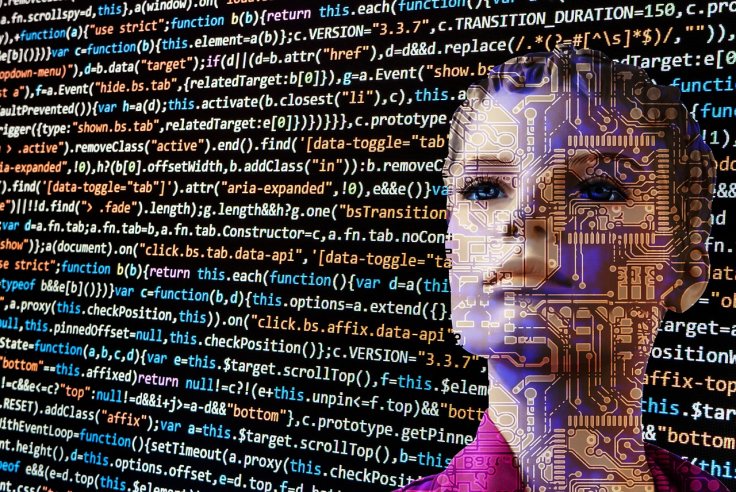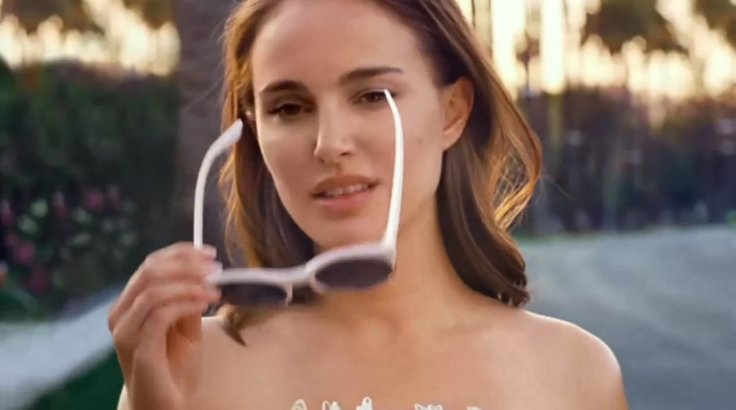Deepfakes are nothing but some created video and audio recordings that appear as real footages. In this era, anyone can download deepfake software and create convincing fake videos in their spare time.
Even though it may look like an entertaining video, deepfakes can make people say things which they never said in real life and can influence public opinion which could be dangerous in terms of national security.
Deepfakes and its effect
A video was surfaced online which showed that US President Donald Trump was taunting Belgian citizens about climate change. There is no doubt that Trump has been opposing facts about climate change or global warming for the past few years and also withdrew from the Paris Agreement. In that video, Trump said, "As you know, I had the balls to withdraw from the Paris climate agreement. And so should you. Because what you guys are doing right now in Belgium is actually worse."
When a video like this reaches to millions of people, hardly any of them look for the authenticity of the footage and start sharing them on social media. The same incident happened when Trump's video came out which provoked hundreds and received several comments from angry Belgians. But later, the video turned out as fake which was created with deepfake technology by a Belgian political party.

The popularity of Deepfake videos
In a recent study, it was shown that the number of deepfake videos almost doubled in nine months. A security firm called Deeptrace has identified 14,698 deepfake videos, surfacing online in September this year compared to with 7,964 last December.
In addition, it should be noted that as per creative agency We Are Social such videos play a dangerous role in terms of with "transparency, authenticity and trust" and the real harm is spreading fake news.
Why people easily get fooled by Deepfakes?
This technology is so advanced that people who are coming across such videos take them as real footage. As reported by the Channel NewsAsia, Lim Sun Sun, head of humanities, arts and social sciences at the Singapore University of Technology and Design stated that the tendency to favour information and views consistent with one's pre-existing beliefs about personalities or issues.
In terms of the famous Trump video, she said that the deepfake took advantage of the belief that people have about US President of being a climate change denier and added that "State-funded misinformation to advise (on) a certain position ... is an age-old problem".
Deepfake adult video making

A deepfakes video maker gathers enough images of an unsuspecting victim. He will then find the right body of a porn actress to match the victim's face. However, web-based tools like Porn World Doppelganger, FindPornFace and Porn Star by Face make that process so much easier. These tools can find the most fitting porn star for the images available; the video maker just has to upload a sample photo.
Once these tools drop a name, the video maker can look for the actor's video on adult websites where he can download it. The video maker turns to FakeApp to make the magic happens.
Combat Deepfake
To fight against Deepfakes tech firms in Silicon Valley and social networks are developing tools like Google's open-source database which contain over 3,000 manipulated videos to help the researchers find out such videos. Start-ups like Dessa and social media giants like Twitter currently trying new methods to protect people from Deepfakes.
It should be noted that the founder of a Singapore-based company Black Dot Research, Nicholas Fang stated that the major issue with debunking such videos are when there is a very limited time. For example, on a polling day, if a deepfake video comes out showcasing a political party leader speaking something, people won't have much time to process it before the voting and it may influence someone's opinion to increase the national security issues.









